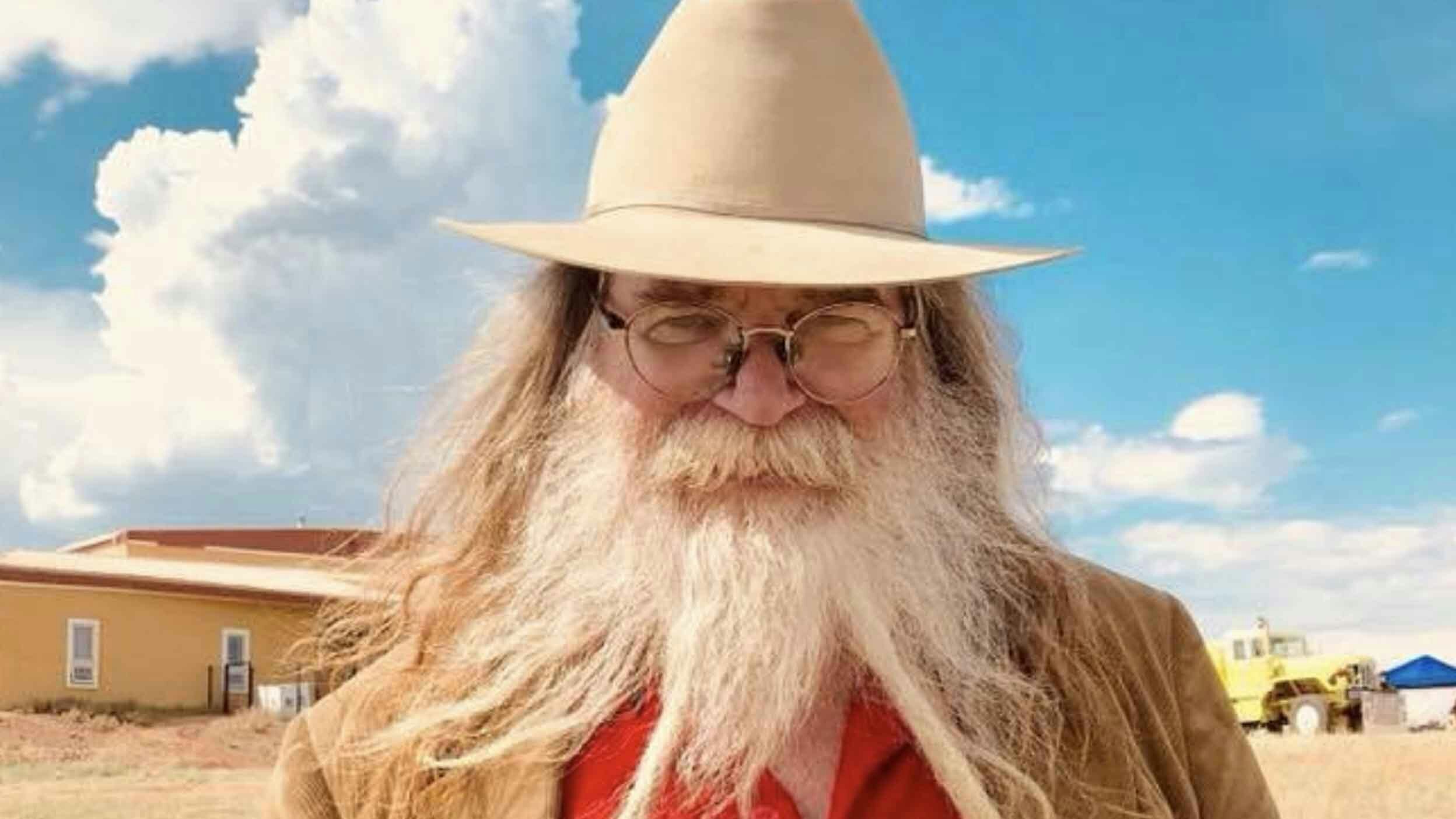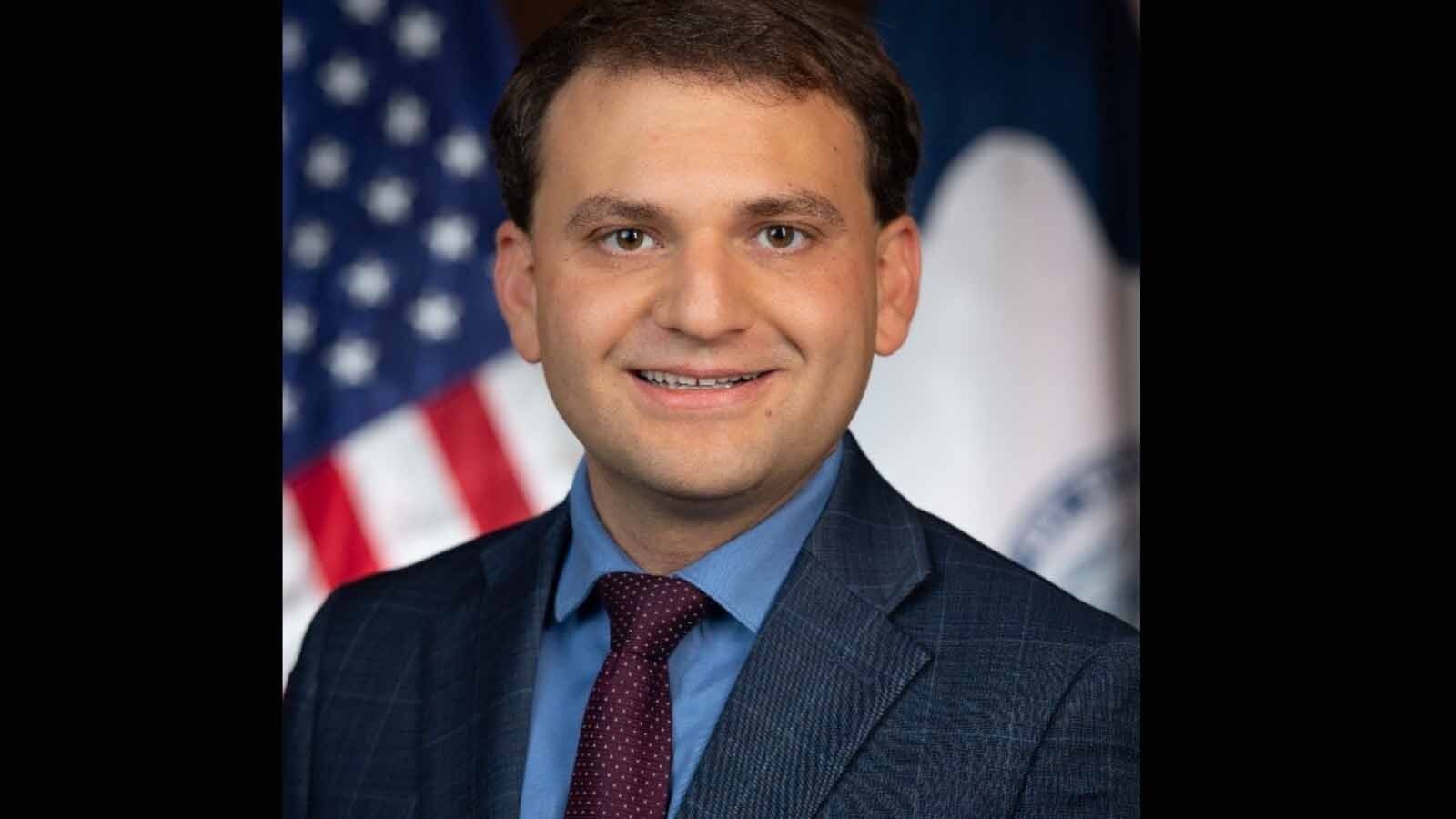If you want to know where the violent political rhetoric that prevails these days comes from, look no further back than 1968 and the Democrat’s convention in Chicago.
It was there that Gore Vidal and William F. Buckley let this particular djinn out of the bottle, and exposed it to the American people who welcomed it with open arms.
Here’s a brief history…the nation’s worst news organization, ABC News, hired pundits Gore Vidal and Bill Buckley to spice up their coverage of the political conventions in “68 through a series of televised debates. Both men were of the effete, elite political class a smarter’n hell but represented the opposite ends of the political spectrum.
Buckley was the flag-bearer for the newly-energized Republican right, and Vidal carried the colors of Kennedy’s Camelot. The ideological contrast could not have been starker. And, they didn’t like each other much.
Theretofore, politics had maintained a veneer of public civility, but violence has always been an option in American political life. Politics is, after all, a bloodsport.
That violence had historically found expression in one Founding Father killing another in a duel, and a serious breach of Senate floor protocol which saw a Representative put a beat-down with a cane on a Senator over slavery.
But that all happened in a time when news of the events took days or weeks to reach the populous. There was no Neilson Rating to gauge folks’ immediate reaction to Burr killing Hamilton. People didn’t care because they didn’t witness it.
But the Buckley/Vidal debate happened in real time, and in millions of American households. Politics was in the living room. And the kids were watching.
The first few debates were lively and entertaining. Both Buckley and Vidal were articulate apologists for their respective political views. Their dialog was civil, but pushed the envelope.
Until they got to Chicago and the wheels came off.
When Vidal equated Buckley to a krypto-nazi for supporting the Chicago police’s attacks on demonstrators, Buckley lost it.
He rose in his chair, and snarled at Vidal, “Don’t call me a krypto-nazi you queer, or I’ll sock you in the goddamn face…”.
Jaws dropped and hands were wrung among the audience. A line had been crossed. A new and highly entertaining element was introduced to political debate and viewers lapped it up.
ABC’s ratings soared as Mom, Dad, Buddy and Sis sitting at home in Omaha saw the veneer ripped off our political discourse, revealing at its core a potential for blood. And they liked it. The die was cast.
Buckley’s use of an ad hominem slur and the threat of physical violence on nationwide television broke rules of civility, but it also gave viewers something to sink their teeth into and political discourse would never be the same.
The toothpaste was out of the tube, thanks to Buckley and Vidal. And also thanks to us.
Subsequent political figures have raised violent, personal rhetoric to an art form. Each time the semantic bar is lowered with some new verbal outrage, the American public responds by paying more attention.
We could, if we really wanted, bury this destructive rhetoric under a blanket of our condemnation and ignore it to death. Instead, we accept it as normal these days. We let ourselves be titillated by each new low in political behavior.
And worse, some of us allow virulent political speech to stimulate our reptile brains, and we proudly repeat it. We permit grunts and snarls to replace reason. We bring this upon ourselves.
I’ve used this quote from Shakespeare’s “Julius Caesar” before, but its worth repeating here. Cassius says, “The fault, dear Brutus, is not in our stars but in ourselves.”





